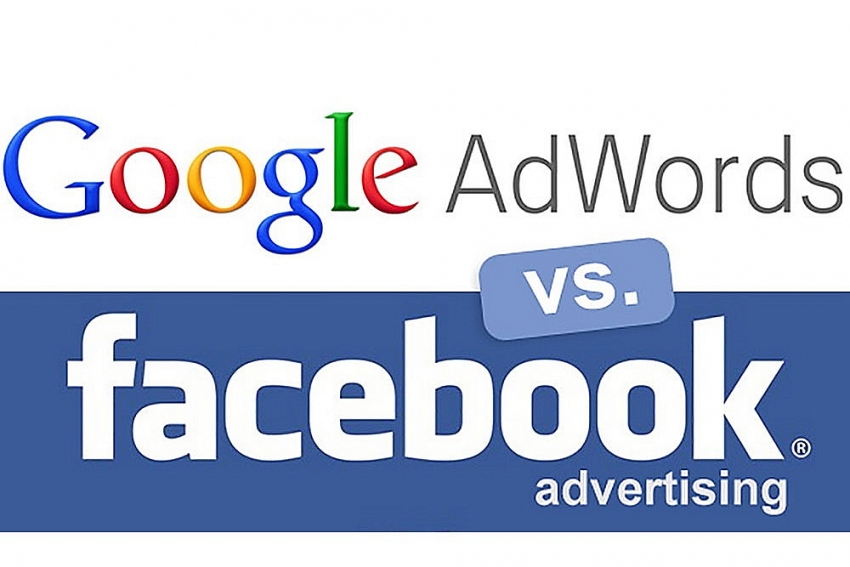Facebook and Google will sooner or later have to obey global laws
 |
| More and more countries are trying to extend the law to Facebook and Google |
On July 24 France was the first European country to amend its legislation on copyrights to add on the EU law approved several months ago.
The new law outlines that online platforms have to sign copyright agreements with authors before uploading their content. Platforms like Google’s YouTube and Facebook’s Instagram will also have to integrate filter features for copyright-content.
AFP quoted French Minister of Culture Franck Riester as saying, “We can be proud to be the first country to enshrine the EU directive in the national law. This text is absolutely essential for our democracy and the survival of an independent and free press.”
In late May, the European Parliament and the European Commission approved the new copyright law, which will require the two largest cross-border platforms hosting user-uploaded content to strike licensing deals with creators so they are paid when people share their content from 2021 onwards.
The law would apply to all content creators, including music and film producers, but also newspapers and magazines. The move is meant to hold tech platforms accountable for the content their users share, and to try to return some of the billions of US dollars in revenue that Facebook and YouTube make each year to the people who actually create the content that appears on those sites.
Similarly, the tech platforms are using products of local content creators to earn advertising revenue in the country. Thanks to its extensive user network across the country, Facebook and Google have become the only effective promotion tools for local content creators. However, content creators earn far less than expected because most of the advertising revenue from their content goes into the platforms’ wallets.
The latest statistics of market research company ANTS pointed out that spending on online advertising in 2018 reached $550 million, including Facebook’s $235 million and Google’s $152 million, and the remaining $150 million was divided among other local companies. Thus, Facebook and Google accounted for more than 70 per cent of the local online advertising market. ANTS also forecast that the combined market share of Facebook and Google will stay at 60-70 per cent in 2019 and 2020.
Despite the huge income from the local market, the tech firms still ignore sharing advertising revenue with the content creators behind their success.
In fact, the EU is not the first one to attempt to collect copyright fees from Facebook and Google. Specifically, in Germany, Axel Springer SE – the owner of German newspapers Die Welt and Bild – requested Google to pay fees for quoting the content of its newspapers. However, Google decided to simply stop quoting the newspapers.
Similarly, Spain had passed the Law on Intellectual Property outlining copyright fees payable to newspapers after sharing their articles. As a result, Google completely halted its news business in the country.
Ther are seemingly impossible odds to force the platforms to share their revenue with content creators. However, as more and more lawmakers are trying to keep pace with technology firms, they will sooner or later create a piece of legislation that can adequately supervise these firms. Clearly, the failures of Germany and Spain have not blunted the lawmakers enthusiasm to slap charges on Facebook and Google.
Thus, once legislation across the global is strong enough, the tech giants will be pressed into living up to not just the word but the spirit of the law, too.
What the stars mean:
★ Poor ★ ★ Promising ★★★ Good ★★★★ Very good ★★★★★ Exceptional
Related Contents
Latest News
More News
- Foreign leaders extend congratulations to Party General Secretary To Lam (January 25, 2026 | 10:01)
- 14th National Party Congress wraps up with success (January 25, 2026 | 09:49)
- Congratulations from VFF Central Committee's int’l partners to 14th National Party Congress (January 25, 2026 | 09:46)
- 14th Party Central Committee unanimously elects To Lam as General Secretary (January 23, 2026 | 16:22)
- Worldwide congratulations underscore confidence in Vietnam’s 14th Party Congress (January 23, 2026 | 09:02)
- Political parties, organisations, int’l friends send congratulations to 14th National Party Congress (January 22, 2026 | 09:33)
- Press release on second working day of 14th National Party Congress (January 22, 2026 | 09:19)
- 14th National Party Congress: Japanese media highlight Vietnam’s growth targets (January 21, 2026 | 09:46)
- 14th National Party Congress: Driving force for Vietnam to continue renewal, innovation, breakthroughs (January 21, 2026 | 09:42)
- Vietnam remains spiritual support for progressive forces: Colombian party leader (January 21, 2026 | 08:00)

 Tag:
Tag:
























 Mobile Version
Mobile Version